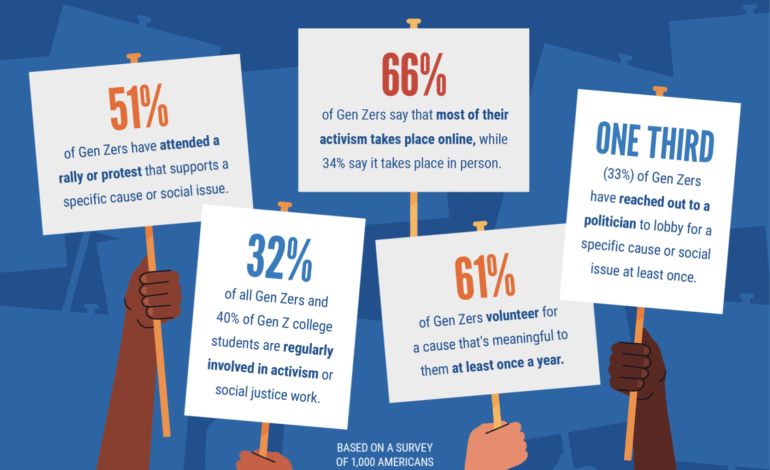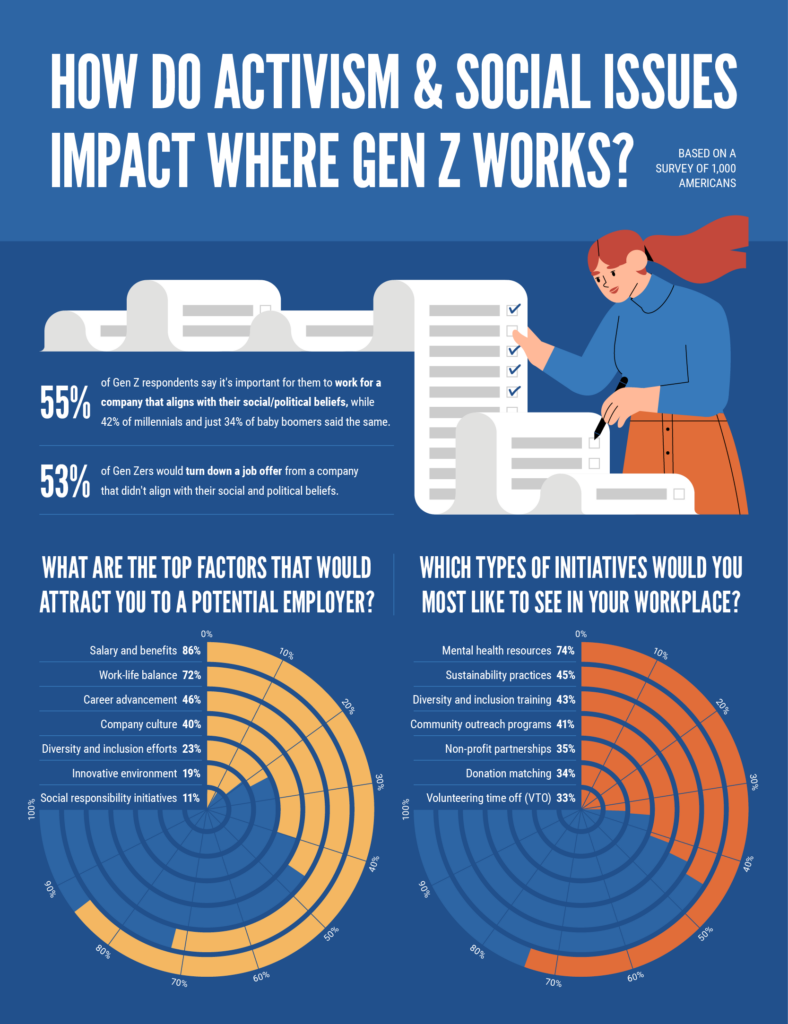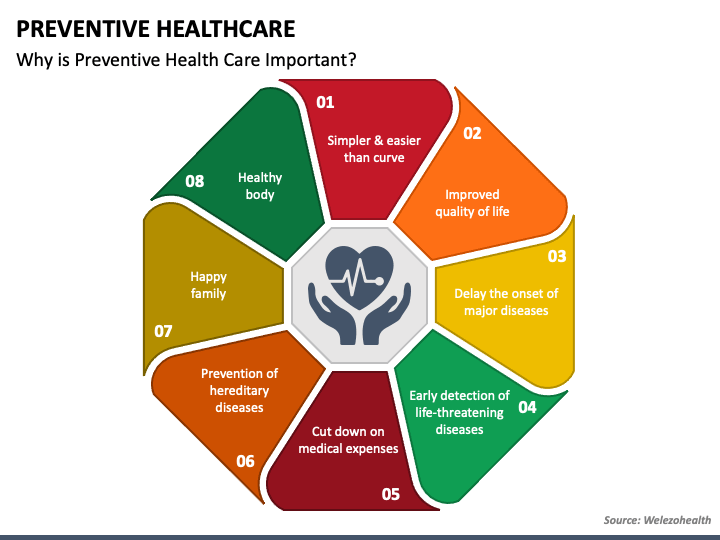Gen Z: The New Face of Activism

Gen Z and the New Landscape of Political Activism
For decades, political activism has been associated with specific images: rallies, protests, phone banking, and traditional campaigning. While these methods remain relevant, a significant shift is underway, driven largely by Generation Z – those born roughly between 1997 and 2012. This generation isn’t just *participating* in politics differently; they are fundamentally *redefining* what political activism looks like, and its impact is already being felt across the globe.
The Digital Native Advantage
Perhaps the most defining characteristic of Gen Z’s approach to activism is its inherent digital fluency. They’ve grown up immersed in the internet, social media, and mobile technology. This isn’t just about convenience; it’s about leveraging tools that align with their communication styles and values. Social media platforms like TikTok, Instagram, and Twitter aren’t simply places to share personal updates; they are powerful organizing and mobilization tools.
Think about the speed at which information – and calls to action – can spread online. A viral video documenting injustice can reach millions within hours, sparking immediate outrage and prompting real-world responses. This immediacy is a game-changer. Traditional media cycles often lag behind events, but Gen Z can bypass those gatekeepers and communicate directly with their peers and the wider public. Hashtag activism, while sometimes criticized for being “slacktivism,” has demonstrably raised awareness about critical issues and facilitated collective action.
Beyond Hashtags: Organizing and Mobilization
It’s crucial to understand that Gen Z’s digital activism extends far beyond simply sharing hashtags. They are using these platforms to organize protests, coordinate fundraising efforts, and build communities around shared political goals. Online groups and forums provide spaces for discussion, education, and strategic planning. Tools like Discord and Slack are used to manage large-scale campaigns and ensure efficient communication among activists.
The ability to connect with like-minded individuals, regardless of geographical location, is another key advantage. This allows for the formation of decentralized networks of activists, making it more difficult for authorities to suppress movements. We’ve seen this play out in movements like the climate strike movement, where young activists around the world coordinated global protests through online platforms.

Focus on Intersectionality and Social Justice
Gen Z is arguably the most diverse generation in history, and this diversity is reflected in their political priorities. They are deeply committed to intersectionality – the understanding that social categorizations like race, class, and gender create overlapping systems of discrimination or disadvantage. This means they aren’t just focused on single-issue politics; they recognize that various forms of oppression are interconnected and must be addressed simultaneously.
Issues like racial justice, LGBTQ+ rights, climate change, and economic inequality are often viewed as inextricably linked. This holistic approach to activism is a departure from previous generations, which sometimes focused on more narrowly defined political agendas. The Black Lives Matter movement, for example, gained significant momentum with Gen Z activists who highlighted the systemic racism embedded in various institutions.
Demanding Authenticity and Accountability
Gen Z is known for its skepticism towards traditional institutions, including government and corporations. They value authenticity and transparency, and they are quick to call out hypocrisy or inauthenticity. This demand for accountability extends to politicians and activists alike. They expect leaders to be genuine in their beliefs and to consistently act in accordance with their stated values.
This skepticism also manifests in a willingness to challenge established norms and power structures. They are less likely to accept the status quo and more likely to question authority. This can be seen in their embrace of progressive policies and their willingness to engage in disruptive forms of protest.
The Rise of Micro-Activism and Everyday Politics
While large-scale protests and campaigns are still important, Gen Z is also embracing “micro-activism” – small, everyday actions that contribute to a larger political goal. This can include things like signing online petitions, donating to progressive causes, supporting ethical businesses, and engaging in conversations with friends and family about political issues.
This concept of “everyday politics” recognizes that political change doesn’t always require grand gestures. Small, consistent actions can collectively make a significant impact. It also makes activism more accessible to individuals who may not have the time or resources to participate in more traditional forms of political engagement.
Challenges and Criticisms
Despite its potential, Gen Z’s approach to activism isn’t without its challenges. Concerns have been raised about the spread of misinformation online, the echo chamber effect of social media, and the potential for “performative activism” – engaging in activism primarily for social media validation rather than genuine commitment. The short attention spans often associated with social media can also make it difficult to sustain long-term engagement with complex political issues.
Furthermore, the digital divide – the gap between those who have access to technology and those who don’t – can limit the reach of online activism. It’s important to ensure that all voices are heard, regardless of their access to technology.
Looking Ahead: The Future of Activism
Gen Z is reshaping the landscape of political activism in profound ways. Their digital fluency, commitment to intersectionality, and demand for authenticity are forcing a re-evaluation of traditional methods and strategies. While challenges remain, their innovative approach to organizing, mobilizing, and advocating for change is undeniable. As they continue to come of age and enter positions of power, their influence on the political sphere will only grow. Understanding their methods and motivations is crucial for anyone seeking to engage with the next generation of political leaders and activists.
The future of activism is undoubtedly digital, inclusive, and driven by a generation that is determined to create a more just and equitable world.



